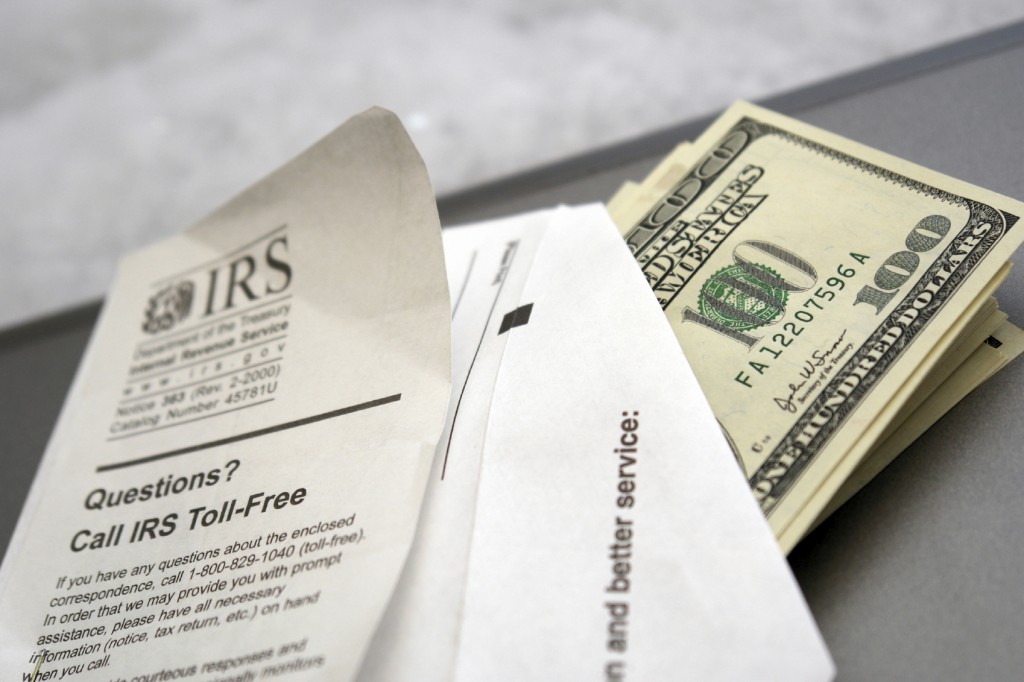
A few weeks ago, we wrote about the star of the show Dance Moms facing charges of bankruptcy fraud. However, most people who commit bankruptcy fraud are not so brazen. The IRS publishes stories of bankruptcy fraud every few months, and these posts can serve as great illustrative examples of why hiding assets is always a very bad idea.
- Earlier this year in January, an Idaho man attempted to conceal a 5 percent interest in the business he had just used to file for bankruptcy. Asset concealment is no laughing matter to the bankruptcy court, and he was sentenced to 30 months in prison and ordered to pay $165,343 in restitution.
- A businessman in Virginia was recently sentenced to 30 months in prison and ordered to pay $2,019,403 in restitution for wire and bankruptcy fraud. As it turns out, the man forged signatures on liens, trusts and other income documentation to hide fraudulent business practices. He also failed to deposit all income into his debtor-in-possession account in an attempt to hide evidence of fraud.
- Some people who are guilty of bankruptcy fraud commit perjury in an attempt to conceal assets. In 2014, a Hawaii woman was charged with bankruptcy fraud and sentenced to 12 months and one day in prison. She also received three years of supervised release and was ordered to pay $33,252 in restitution. According to the court, she had knowingly falsified documents and committed perjury by lying during testimony.
Bankruptcy Attorneys Can Protect Your Assets
The consequences of bankruptcy fraud are far worse than potentially losing assets. It is understandable to be afraid of losing assets, but lying about the assets existing will bring life-changing consequences. However, having skilled legal representation can help defend cherished assets. Experienced attorneys can help organize repayment plans and are knowledgeable of state and federal bankruptcy exemptions for assets.Tax-Return-Money
 Book an
Book an Email
Email Directions
Directions







